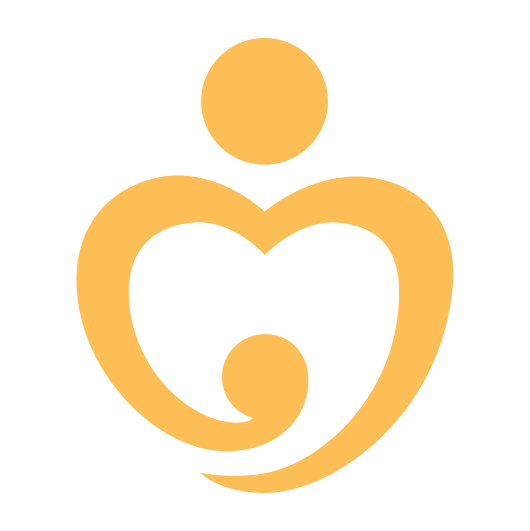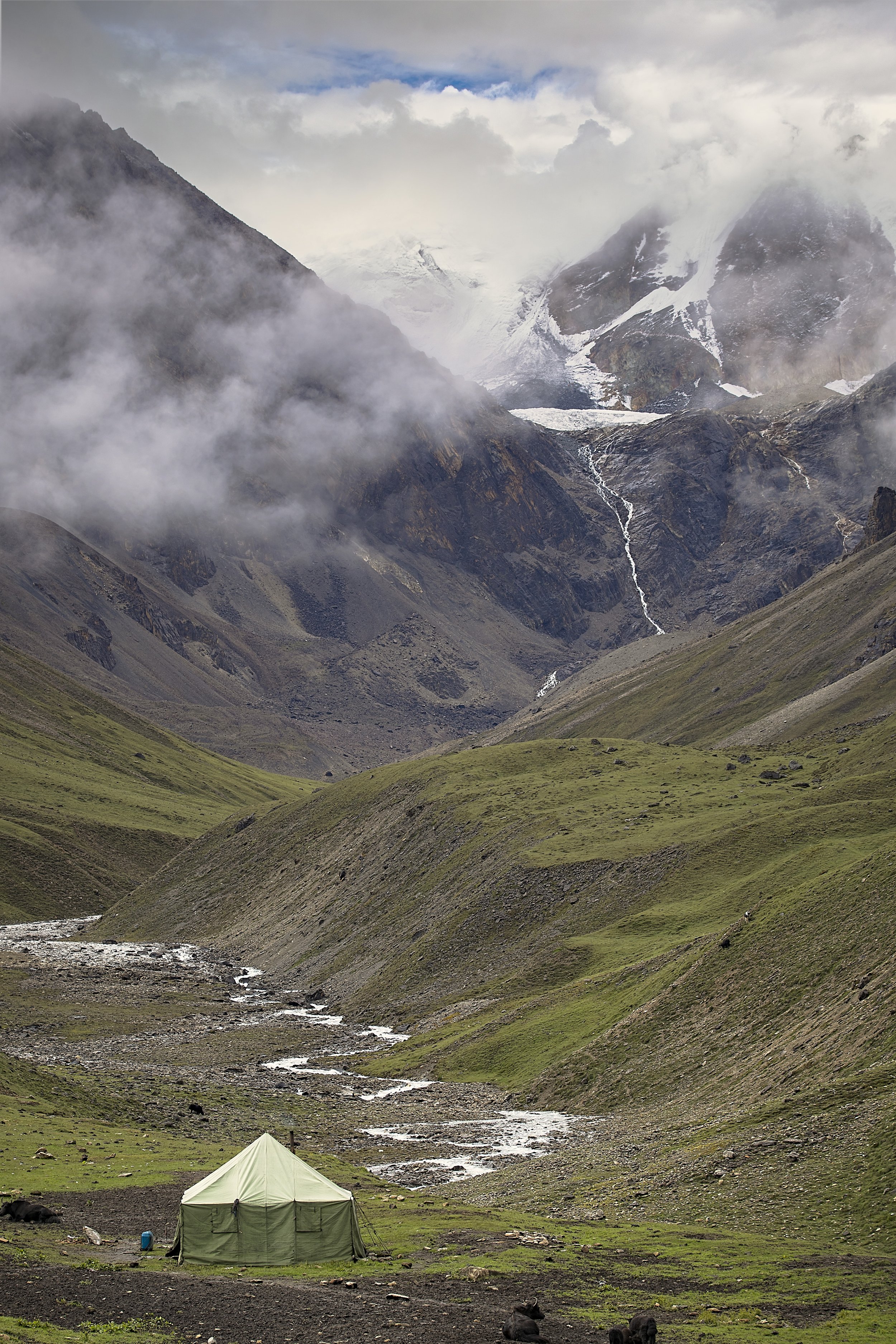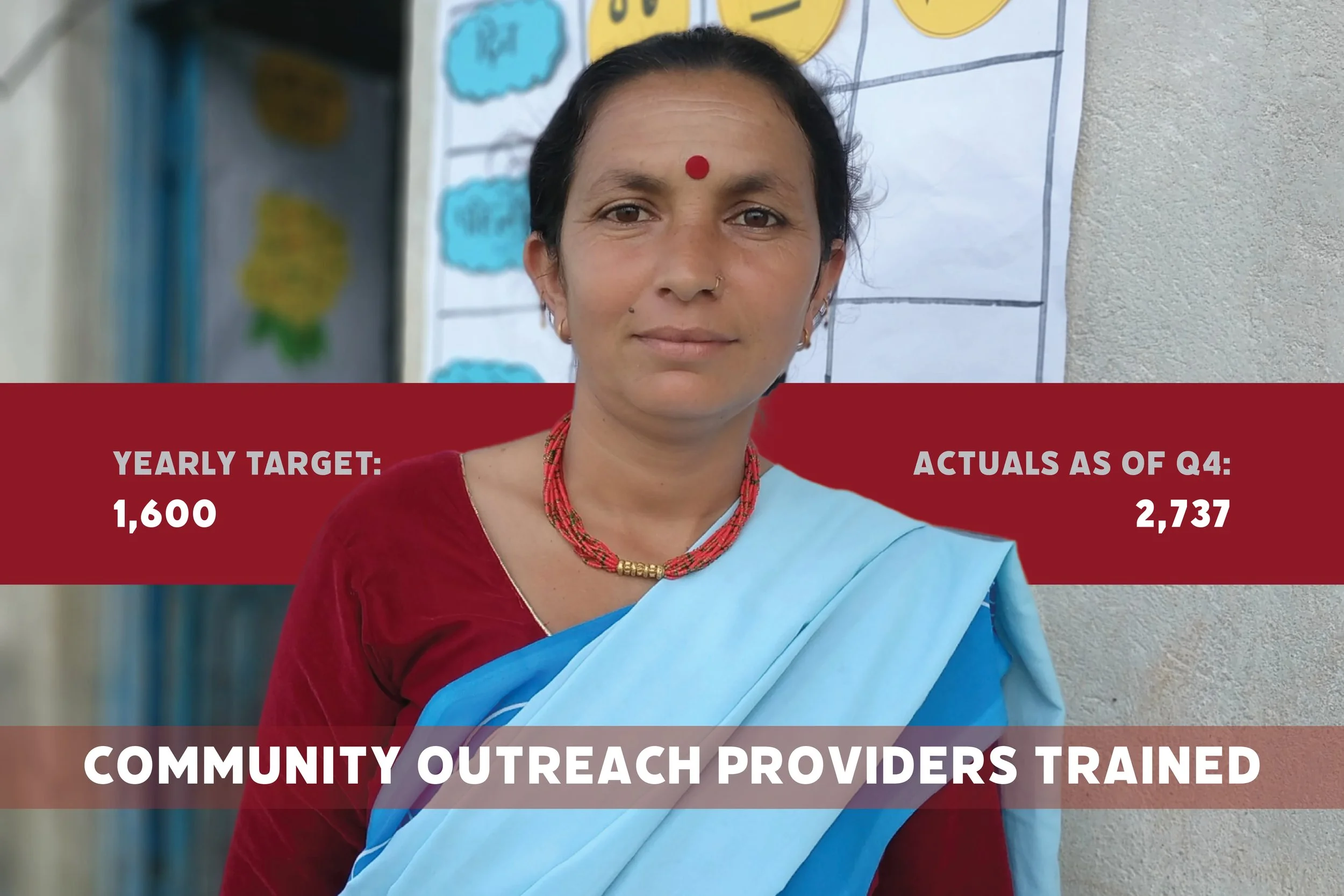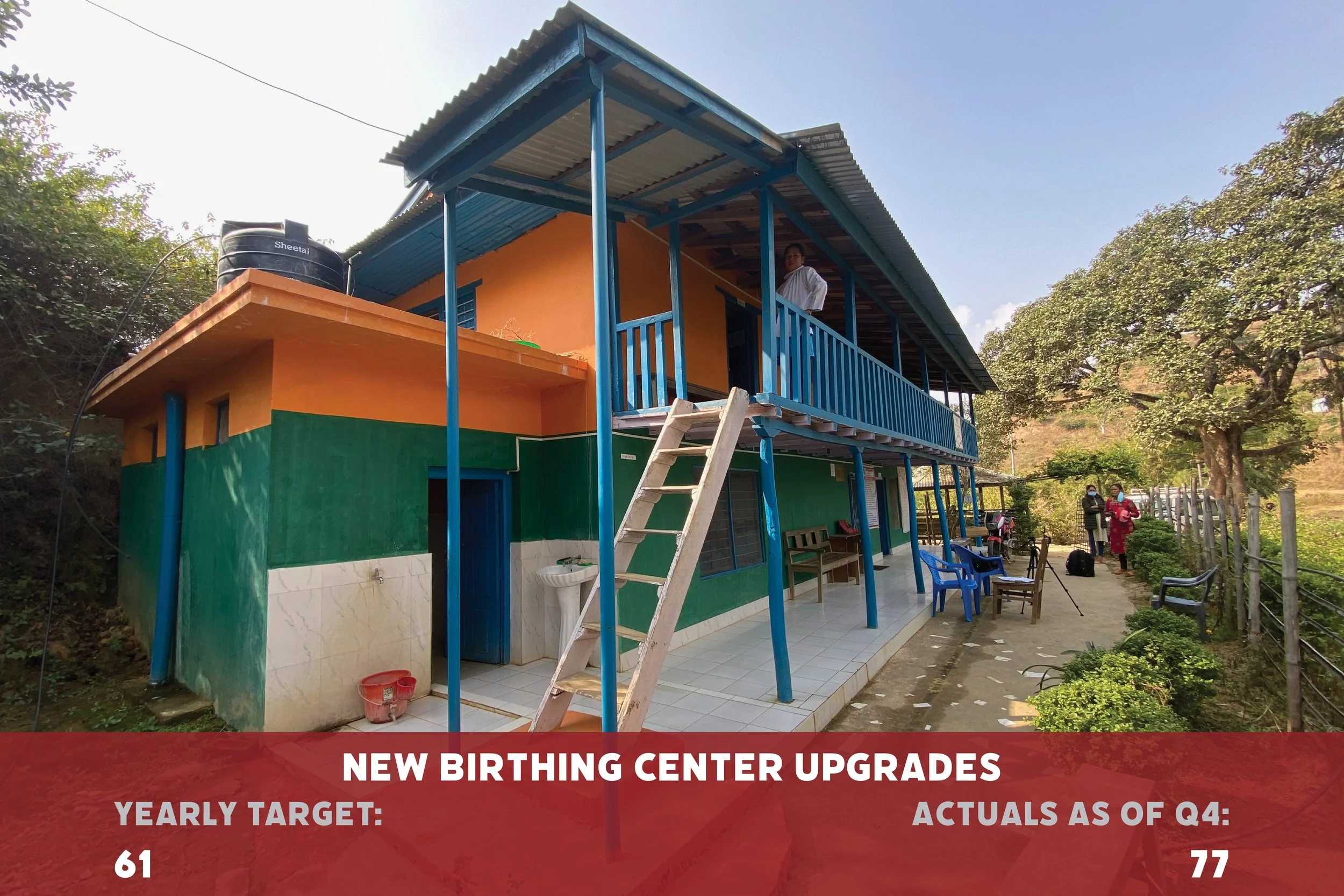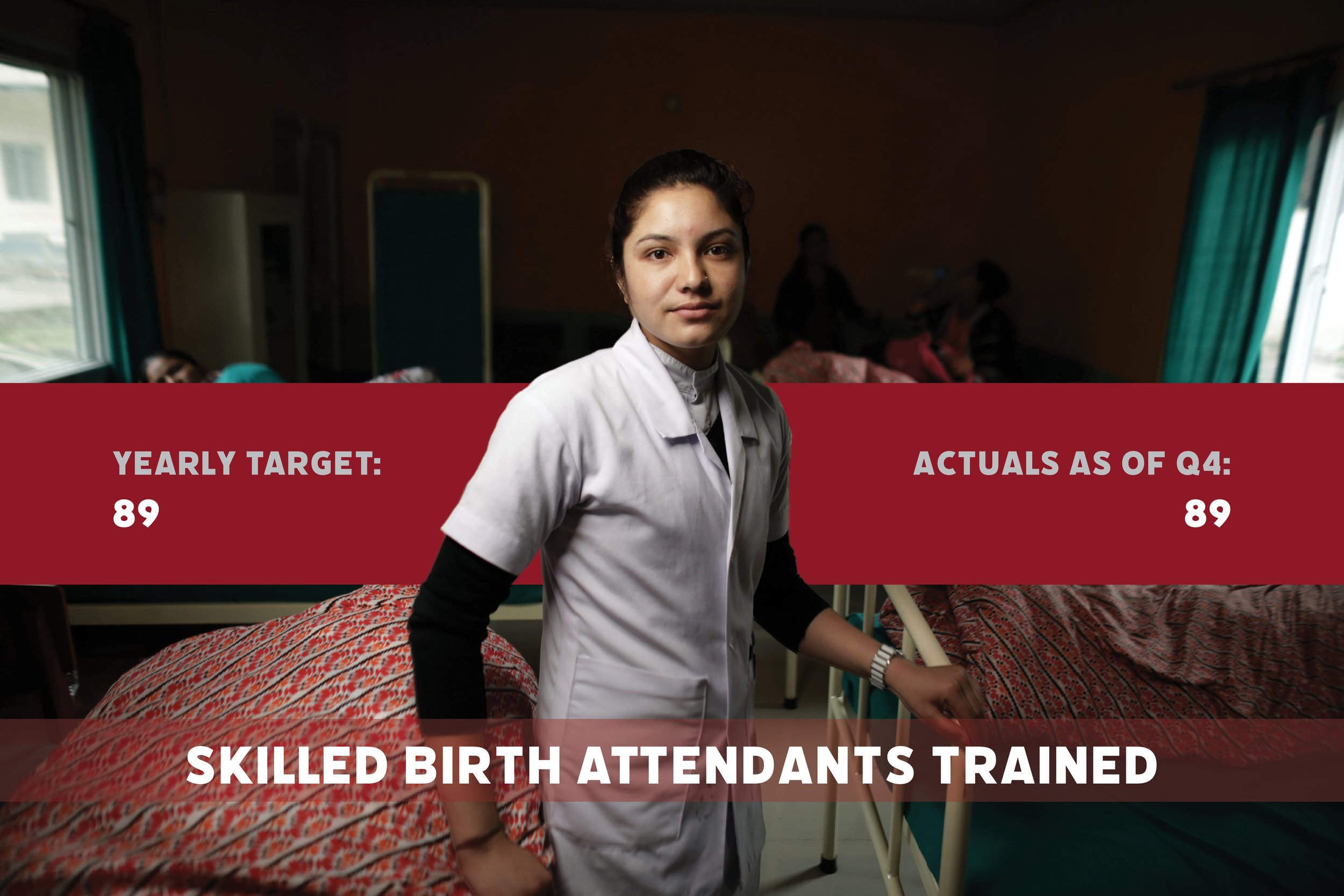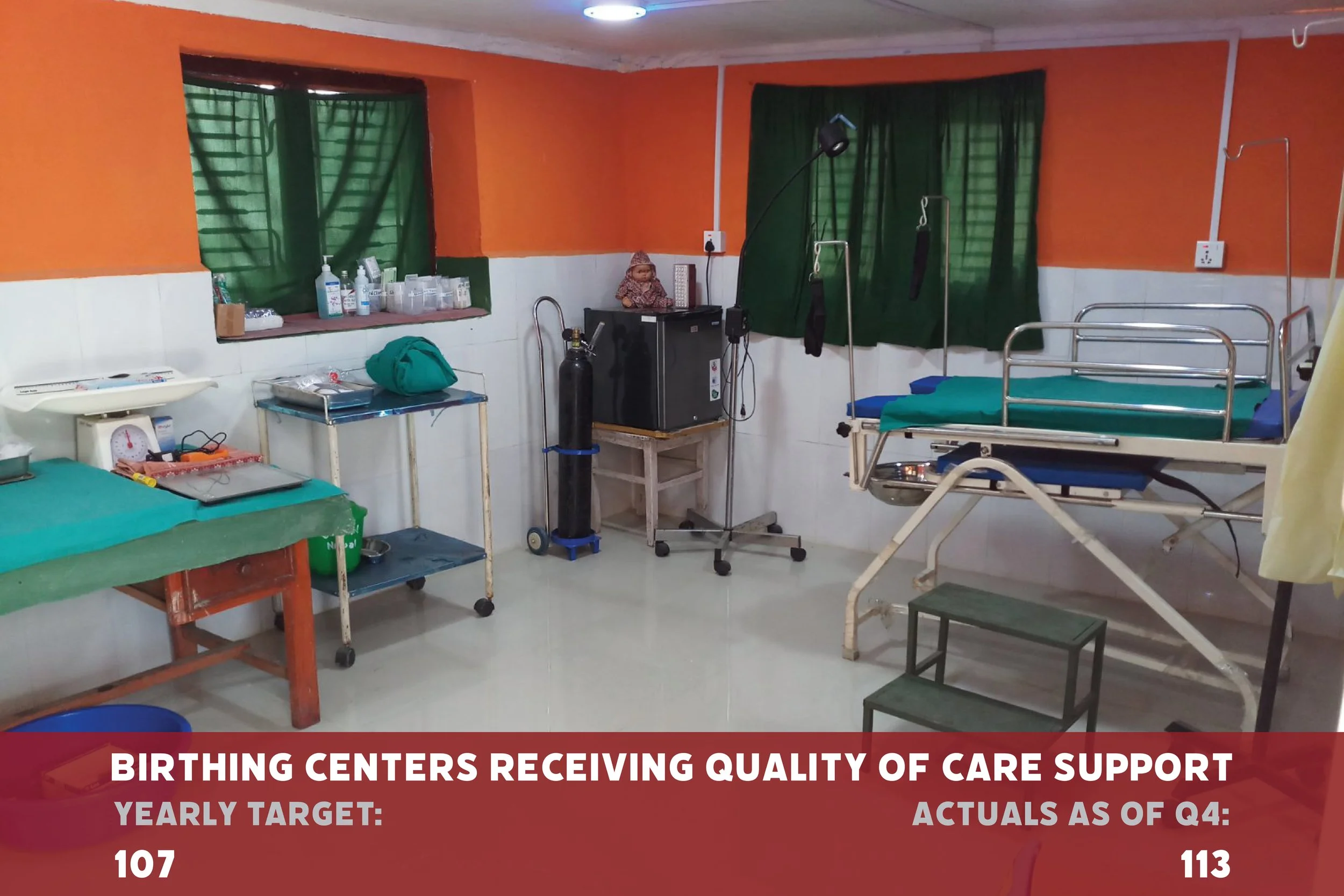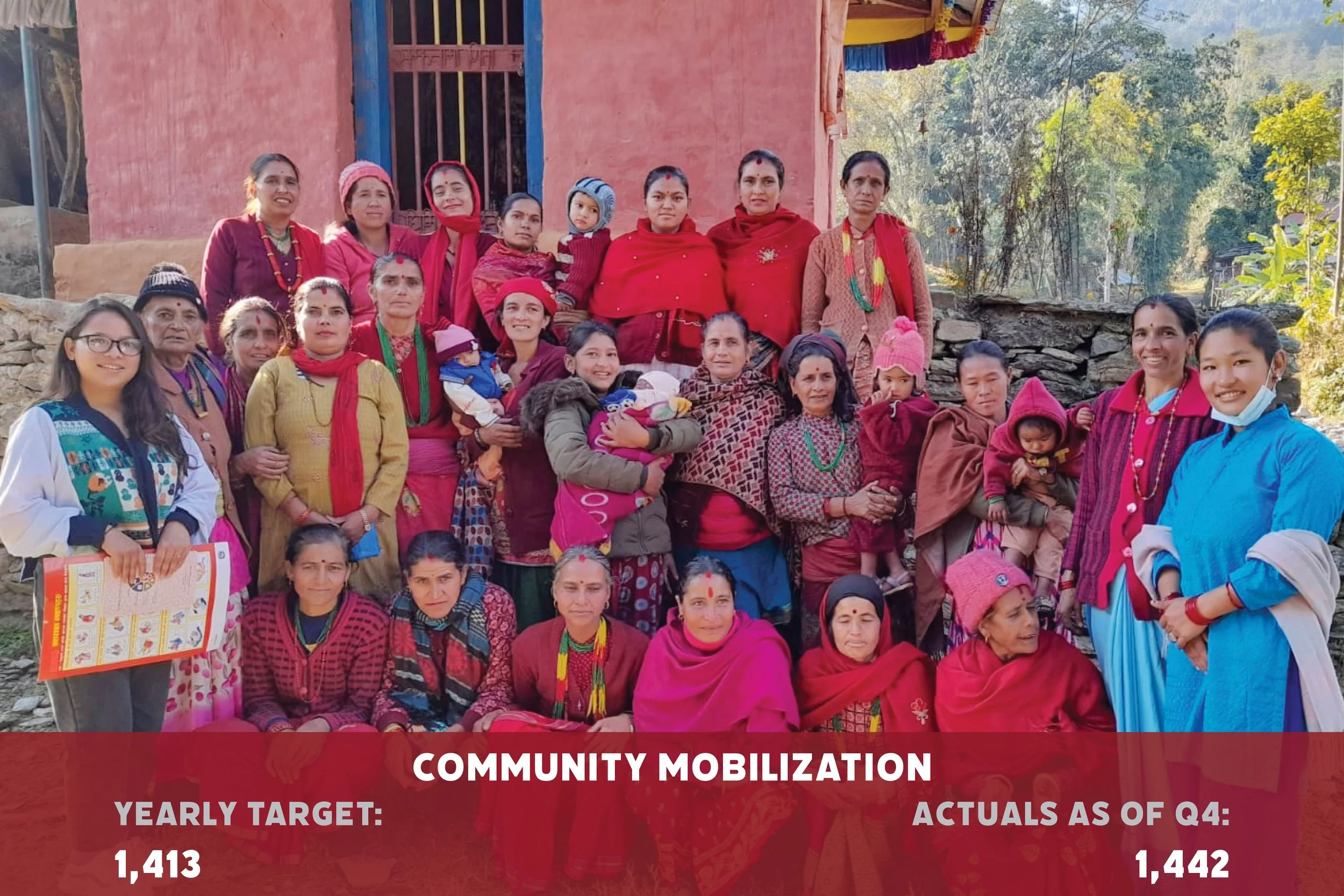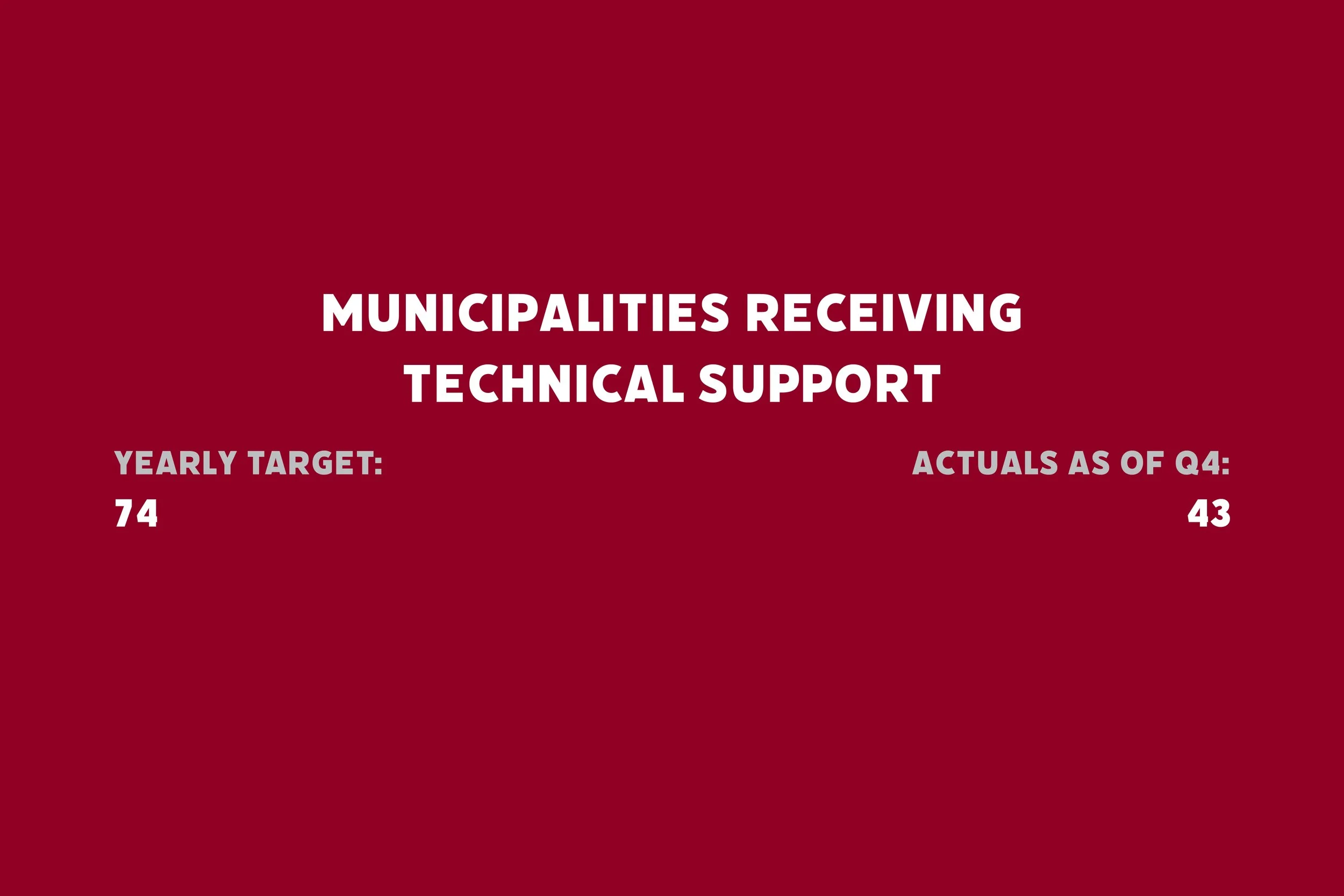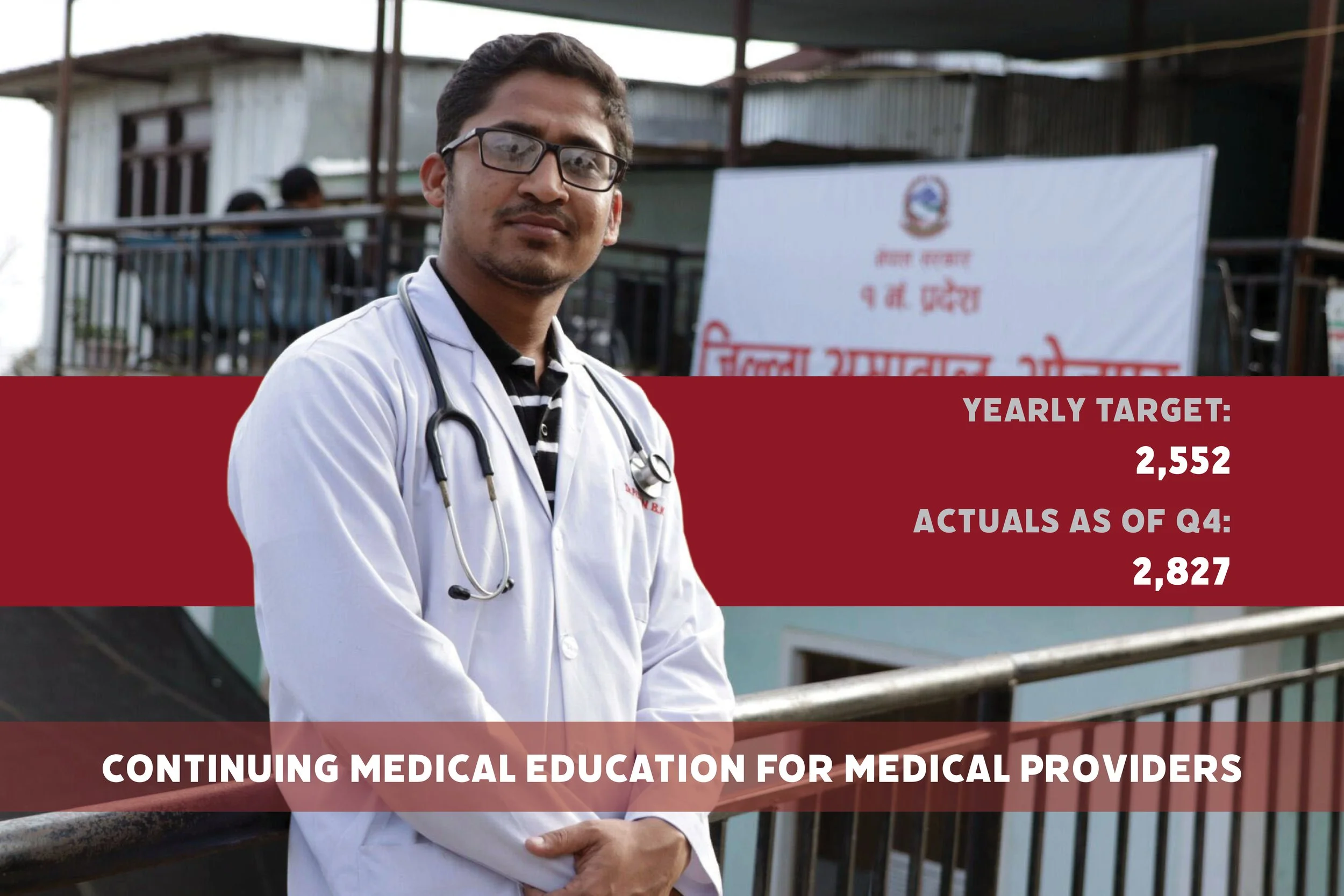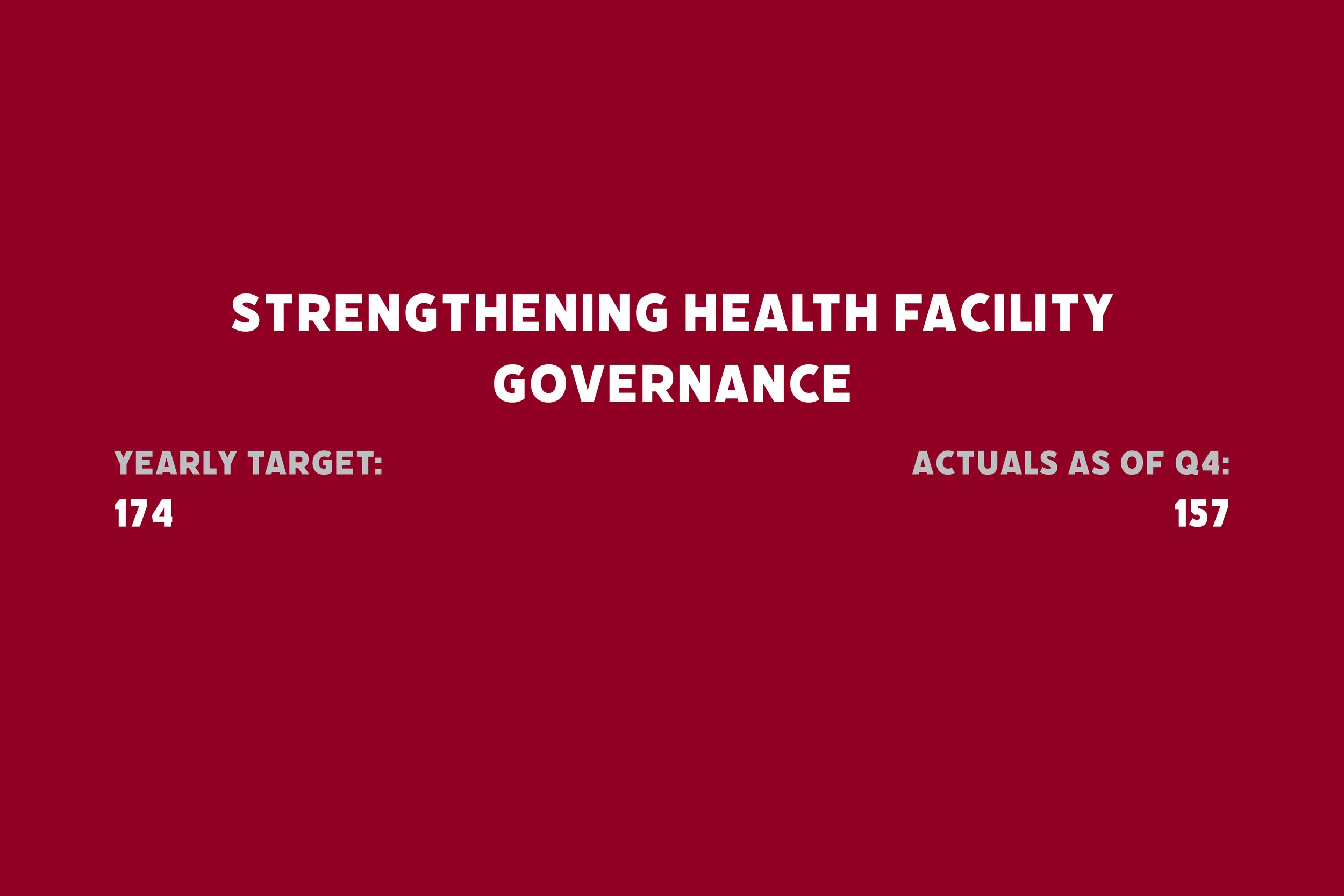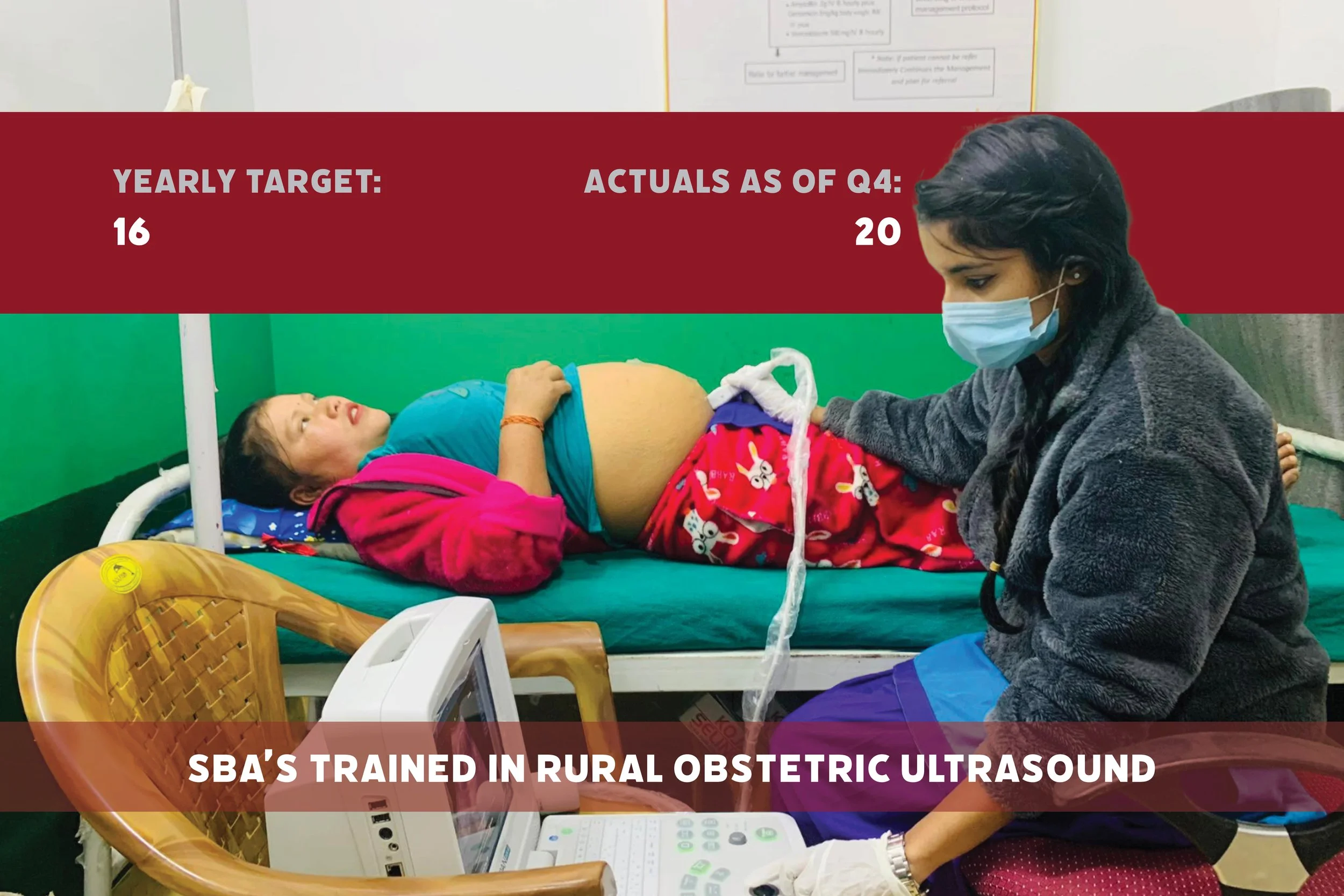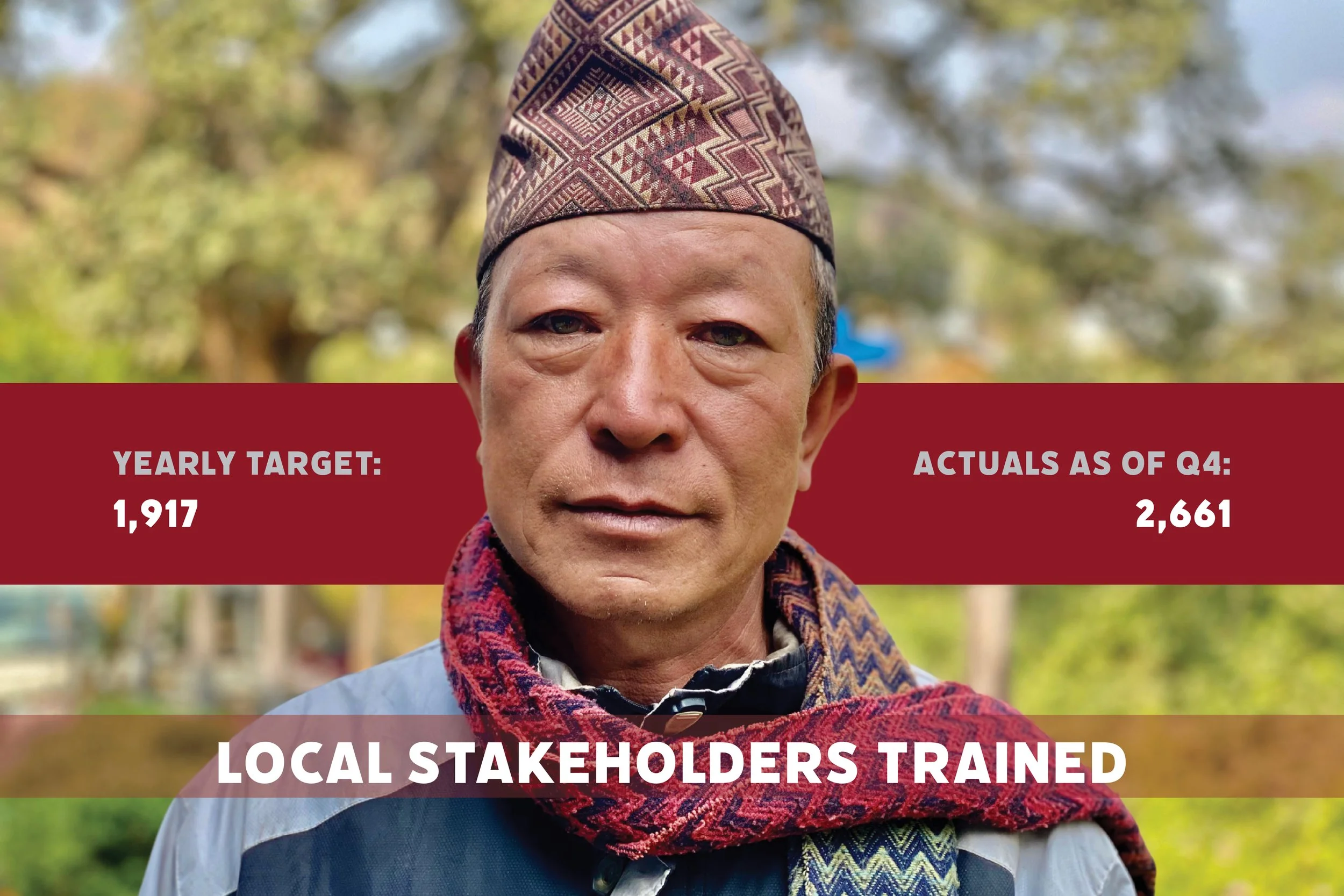Q4 Report ~ October - December 2022
Dear One Heart Community,
What a quarter! We are thrilled to share that our team has been able to surpass the majority of our annual program targets despite the delays we experienced in signing the 5-year agreement this year as a result of our new program implementation strategy with local NGO partners. This is a testament to the dedication and hard work of our staff who pressed on and made the most out of the temporary circumstances to finish the year strong. We are continuing to forge exciting new working partnerships with Provincial governments. It is our hope that we continue on this promising trajectory to further solidify our working relationship and potential cost-sharing opportunities with the newly established Provincial governments as a pathway to long-term programmatic sustainability.
We look forward to sharing more details on our quarter with you below, and hope you all enjoyed a great holiday season.
Sincerely,
The One Heart team
Program Highlights
-
During the COVID-19 pandemic, a lack of adequate cold chain storage capacity was one of Nepal’s biggest barriers to increasing vaccination rates. As a part of our COVID response, One Heart teamed up with Direct Relief to support the Government of Nepal’s COVID vaccination capacity and build a facility able to appropriately store COVID vaccines. This quarter, our team handed over a fully functional cold chain building with one 40 cubic meter (m3) walk-in freezer and two 20 m3 walk-in coolers. This building also includes a guardhouse, office space, additional storage and a generator room. The facility has an ultra-low cold freezer room to keep vaccines with an operating temperature up to -25 degrees Celsius, and adjustable up to 2 degrees Celsius, which can be maintained even in environments where the ambient temperature is as high as 45 degrees Celsius.
-
To expand access to ultrasound scans in rural areas, the Government of Nepal has been providing rural obstetric ultrasound (ROUSG) training for skilled birth attendants (SBAs). Over the years, however, there has been a lack of standardized, accredited ROUSG training resources. To address this need, the Ministry of Health and Population launched the ‘Learning Resource Package on Rural Obstetric Ultrasound Training for Nurses’ this quarter. The training package was developed by the National Health Training Center with One Heart’s technical and financial support, and was created for SBAs working in rural health facilities where an obstetric scanning facility is not available. The course focuses on helping SBAs acquire relevant ultrasound scan knowledge and skills so that they can properly manage and refer cases of obstetric complications, ultimately reducing newborn and maternal morbidity and mortality.
-
In order to meet the demand for trained obstetric ultrasound providers in rural areas, our team received a request from the National Health Training Center to establish a ROUSG training site in the Karnali Provincial Hospital. Currently, there are only a few training sites in Nepal and there are none in Karnali province. We provided the necessary technical and logistical support to start the training. A couple groups of health workers have already graduated from the training center. This is an exciting development, as it indicates opportunities to grow our working partnership with the new provincial-level government.
-
Implemented in partnership and with joint financial support from the Province 1 Government, the project will support the construction of a maternity ward, essential medical equipment and supplies, and staff training to improve health outcomes for mothers and newborns in the district of Udayapur. The hospital development committee and the provincial government have already allocated 10M Nepali Rupees for construction. This quarter, our team has been working with an engineering consultancy firm to develop a design and detailed project report (DPR) to construct the Maternity Ward in the District Hospital of Udayapur. The design of the building and DPR are expected to be completed by Q1 2023.
Program Delivery
Research & Development
-
Developed in collaboration with the Family Welfare Division of the Government of Nepal, the SBMP is a hands-on, workstation-based coaching and mentoring program that provides short doses of regular demonstrations and drills to rural health providers. This quarter, we developed 13 mentors by providing a seven day training in Sarlahi District (6 from Rautahat, 2 from Dolakha, 2 from Myagdi, 1 from Udayapur and 2 OHW staff) this quarter. We also completed pre-assessments at 2 sites (1 in Sarlahi, 1 in Myagdi), first post-assessment at 8 sites in Dolakha, and a second post-assessment at 1 site in Udayapur. We successfully ran 39 monthly SBMP sessions this quarter (1 in Dolakha, 25 in Sarlahi and 13 in Myagdi). Similarly, we provided a 3-day MNH update training to 16 participants in Sarlahi.
-
The external evaluation teams from Dartmouth College and Social Science Baha have been cleaning and processing the data collected last quarter in the selected study areas in Sankhuwasabha, Dhading, Baglung and Pyuthan. They have produced tables and outlined the framework for their final report. We expect the report will be finalized by the end of Q1 2023. This evaluation aims to assess how our programs have impacted the lives of women and newborns. Additionally, the evaluation seeks to address questions concerning medium and long-term sustainability, replicability, and areas where the Network of Safety could be adapted or re-imagined to best meet the needs in Nepal and other countries in need.
-
Creative Solutions for Health Pvt. Ltd was selected to do the endline survey in Khotang and baseline survey in Rautahat districts. After getting ethical approval from the Nepal Health Research Council, they trained research assistants and supervisors on data collection methodologies. They are now collecting data in both districts. The data collection will be completed by mid February 2023 and the first draft report will be available by the end of Q1 2023.
Earlier this year, One Heart contracted a third-party research agency in Nepal (MITRA SAMAJ) to conduct an endline survey in Dhading. This survey was conducted among women who gave birth within the last 12 months to assess the changes in our program indicators post program completion. This past quarter, the research team shared their results which showed increases in both SBA attended deliveries and institutional deliveries and reductions in maternal and newborn mortality.
-
One Heart piloted an intervention for a facility-based electronic health record system (HMIS 3.6.1) to allow providers to easily track facility and patient level data in 40 health rural facilities in Sankhuwasabha district. Pregnant women were registered electronically in the HMIS system and received automated SMS message reminders and phone calls from nursing staff for follow-up visits. We assessed the intervention’s acceptability, appropriateness and feasibility. The study found that the intervention was well accepted by both nursing staff and recently delivered women and that there were improvements in continued service utilization after the intervention. Some of the women shared that they found the reminder SMS messages useful in continuing their check-ups, and that they had visited health facilities or referred themselves to hospitals based on the danger signs that they learned from the SMSes. However, the study faced many challenges including recurring technical issues with the software package, internet connectivity, availability of power, limited computer literacy and dependence on the existing paper based system. For example, while most nurses reported that they made follow-up calls to women, many of them did so using the old paper-based register.
“My journey has been so meaningful with OHW as I have the opportunity to help serve the poor mothers of our madheshi community.”
- Nikita Chaudhary
As one of the youngest staff at the One Heart Worldwide Nepal office, 25-year-old Nikita is contributing to our work as the Training and Field Supervisor in Sarlahi District of the Madhesh Province, which lies in the south of Nepal, close to the border with India. Trained as a professional nurse, Nikita has been helping government nurses in rural health facilities by enhancing their nursing skills and knowledge specifically in maternity and neonatal care. With her team in Sarlahi, Nikita has contributed towards providing quality care for mothers and babies who belong to the most marginalized communities.

